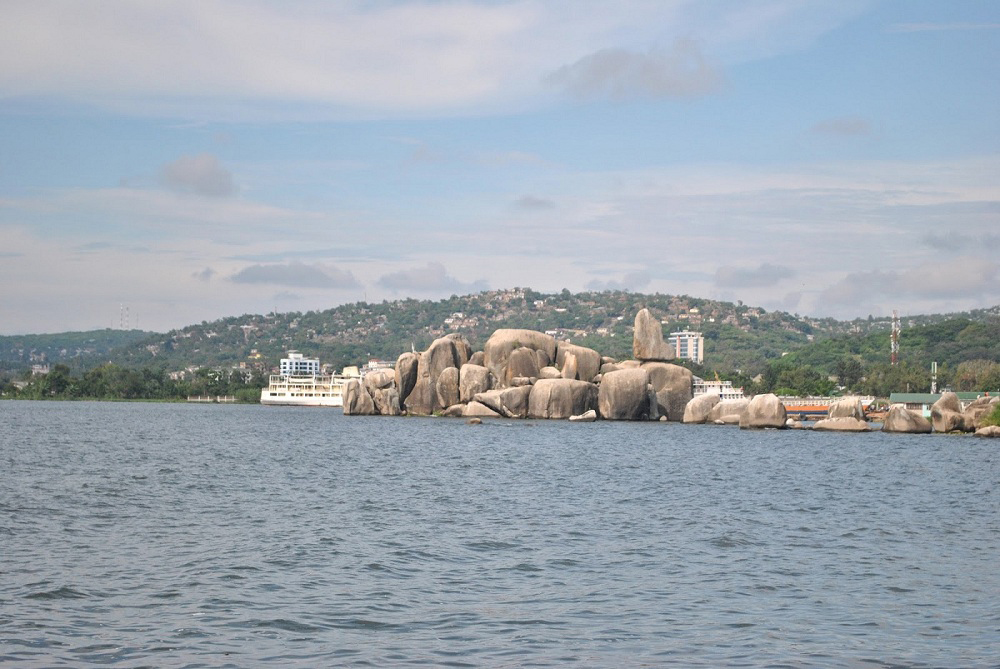Lake Victoria faces invasive ‘Salvinia’ weed threat

MWANZA: THE Lake Victoria has been invaded by a new type of weed, ‘Salvinia,’ with the transport sector being the most affected.
The weed clings to the bottom of marine vessels, especially propellers, making navigation difficult. According to the National Environment Management Council (NEMC) Lake Zone Manager, Mr Jarome Kayombo, the weed was first identified in August last year, with investigations linking its source to human activities, mainly agriculture along the lake.
Research indicates that the weed multiplies two to three times within eight days, thriving on the lake’s abundant nutrients.
“This means the lake is highly contaminated. A task force was formed to investigate and results showed that agricultural runoff during rainy seasons carries harmful plants into Lake Victoria, leading to the emergence of ‘Salvinia,’” Mr Kayombo said.
He added that winds further accelerate its spread. “We collected 36 tonnes in four days, yet by the next day, it had multiplied as if nothing had been removed.”
Mr Kayombo also pointed out that violations of environmental laws—such as farming within 60 metres of the lake— are exacerbating the problem. The destruction of natural vegetation allows harmful materials to enter the lake unfiltered.
The weed is also affecting aquatic life by blocking oxygen from reaching deeper water levels, disrupting marine reproduction. Fish farming has been particularly hit, as ‘Salvina’ forms dense mats around cages, preventing farmers from feeding their fish.
Mr Kayombo assured that, so far, ‘Salvinia’ is confined to Tanzania’s section of Lake Victoria and has not spread to Kenya or Uganda. “Uganda once encountered this weed in a small water body before it reached Lake Victoria, but they successfully controlled it,” he noted.
He urged collective action, emphasising proper waste management to protect the lake. “Families and communities must play their part. We also call on investors around the lake to follow environmental regulations, as some are exceeding their permits, worsening contamination.”
ALSO READ: Chemical flow in Lake Victoria threatens biodiversity and ecosystems
One example, he said, was a fish farmer who set up 400 cages in a space meant for only 20. “Such practices significantly contribute to pollution,” he warned. Kayombo stated that researchers are still exploring effective ways to combat the weed.
NEMC Communication Manager, Irene John, stressed the importance of environmental conservation. “Tanzania is our only home. If we fail to protect it, we have nowhere else to go,” she said





